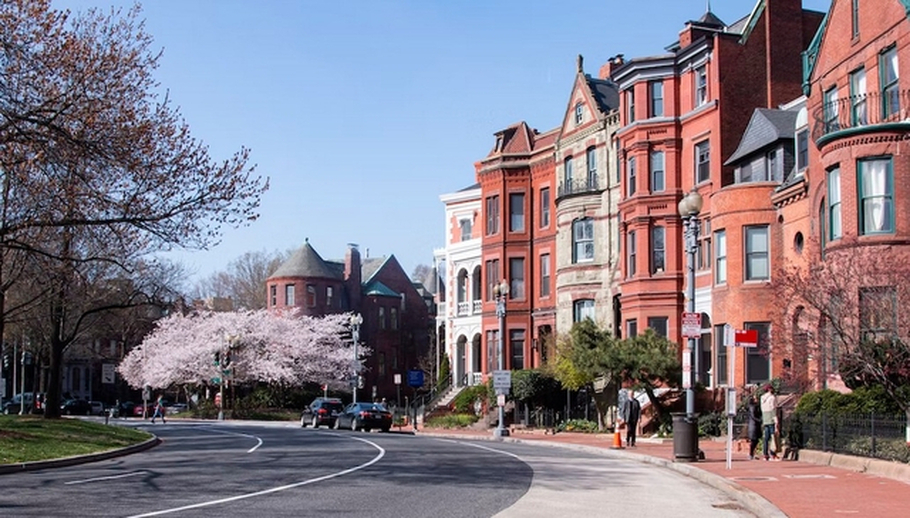CANADA - If you're looking to buy a home in Quebec City, several trends will influence the market in the coming years. For instance, rising interest rates will put downward pressure on price growth, and inventory is shrinking. But the biggest factor will still be the affordability of the city's real estate.
Canada's housing market is overvalued
Major Canadian cities have already experienced a housing market crash this year, and some experts predict that the crash will continue through 2023. Although this ongoing decline will likely have a major impact on the Canadian economy and blue-chip stocks, it offers a unique opportunity for long-term investors. Currently, a typical home in Toronto and Vancouver costs more than ten times the annual income of a typical family.
The overvaluation is particularly significant in Ontario, where home prices are over 40 percent above their trend. The housing market in Vancouver is not nearly as overvalued, but it is still 23 percent above its trend. While the housing market in Montreal is also overvalued, the price growth is expected to slow over the next two years, with prices falling even further in the next few years.
Rising Interest Rates Will Weigh On Price Growth
The provincial economy is expected to slow in the second half of 2023 due to rising interest rates and inflation. Rising wages and tight labor markets are already weighing on the province's economic growth. Fortunately, the government has pledged to cut its deficit to half and get its books in balance by the year 2023. While this is a modest goal, it does signal that the province is on a solid growth path.
Canada's labor market is tighter than it was in the 1970s. The unemployment rate is at a historic low of 5.2%, and total employment and hours worked are both higher than pre-pandemic levels. However, a recent Business Outlook Survey showed that labor shortages are widespread. Many firms are struggling to fill vacancies, particularly in Quebec.
First-time Buyer Challenges
First-time buyers are facing increased challenges when purchasing a new home. According to StatsCan, over 20% of property purchases last year were made by national investors, pushing prices upward. In addition, new buyers typically have lower budgets and less negotiating power. The city is also experiencing an influx of American buyers looking to buy investment properties.
The Canadian Government has set high immigration targets for 2023, which have kept the pressure on real estate prices until 2022. Between July and October of this year, Canada welcomed 208,000 new residents, which was a record high for three months. However, immigration fell sharply in 2020 and has only partially recovered to its previous levels.
Inventory Shrinking
The number of newly listed properties is growing, but not at an exponential rate. The sales-to-new listings ratio is still below 50% in the Quebec City region. Meanwhile, the number of active listings has declined by two-thirds in the past year. This indicates low inventories, and buyers will likely make the most of the low supply.
According to recent statistics from the Quebec Professional Association of Real Estate Brokers, the number of home sales decreased by ten percent during August 2022. The decline follows two months of increases.
Tax On Foreign Homebuyers
Budget 2022 proposes new rules to curb foreign ownership of residential real estate. The new measures would prohibit foreign nationals and foreign commercial enterprises from purchasing residential property in Canada for two years. Exceptions would be made for refugees, temporary workers, and international students. The government will also continue to monitor the impact of foreign money on the housing market and may further impose restrictions.
The new legislation ensures that foreign investors pay their fair share while protecting the Canadian principal residence exemption. The new rules would apply to homes purchased after January 1, 2023, and would not apply to homes bought for living or investment purposes.




